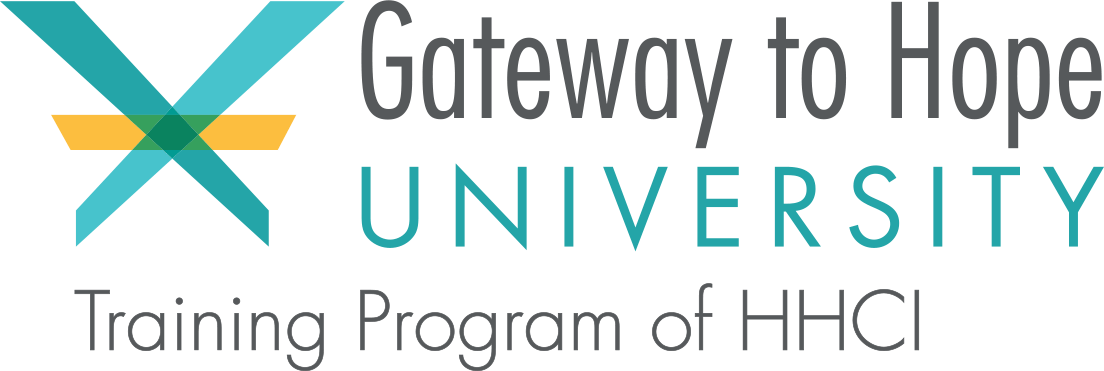Se calcula que entre el 60 y el 70% de las personas experimentan al menos un acontecimiento traumático a lo largo de su vida. Otras pueden sufrir un trauma en la infancia o enfrentarse a varios traumas a lo largo del tiempo. Estos acontecimientos pueden poner a prueba la capacidad de afrontamiento de una persona.
En este curso de especialización para entrenadores de salud mental, aprenderás a apoyar a las personas que tienen dificultades tras una experiencia traumática. Aprenderás a reconocer los signos de trauma, incluidos los signos de trauma a largo plazo, TEPT y Experiencias Adversas en la Infancia, conocidas como ACES. También aprenderá acerca de los tratamientos y cómo remitir a alguien a un proveedor de salud mental útil. Además, compartiremos habilidades para relacionarnos con personas que experimentan una respuesta traumática y apoyarlas para que puedan curarse de estas experiencias.
La formación de entrenador de salud mental es un requisito previo para este curso.

